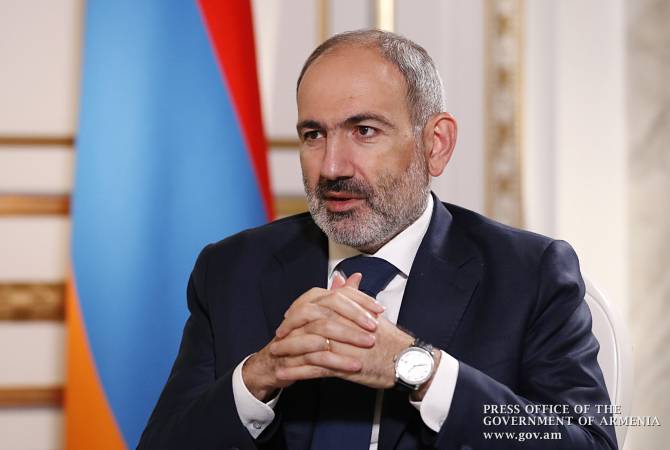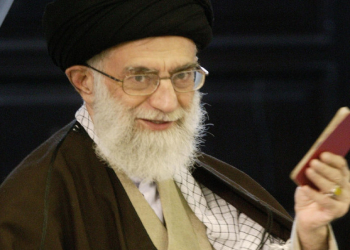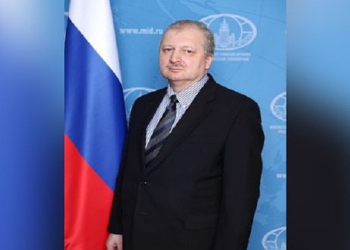
Baku, Yerevan agree on three principles of peace, says Armenian leader
- 2 November, 04:03
Armenian Prime Minister Nikol Pashinyan has said that Yerevan and Baku have agreed on three main principles and normalization of ties between the two countries.
The Armenian leader stressed that the signing of the long-awaited peace treaty may “become realistic” if both sides remained faithful to those principles”. Speaking at the parliamentary hearing on the 2024 budget on Monday, Pashinyan listed the three principles that the parties have agreed upon.
The first principle is formal recognition by both countries of each other's territorial integrity, given a sovereign territory of 29,800 square kilometers for Armenia and 86,600 square kilometers for Azerbaijan. The second principle is that the 1991 Almaty Declaration should become the political basis for the delimitation and further demarcation of the international border. The third principle is the opening of all regional communications lines and other utilities on the basis of mutual respect for the two countries’ respective sovereignty, jurisdiction and legislation, Pashinyan stressed.
There has been no official reaction from Baku about Pashinyan’s statement.
Pashinyan’s comments come after he proposed establishing a series of roads, railways, and power lines connecting Azerbaijan and Turkey through Armenia as part of his “Crossroads of Peace” project. Addressing the Tbilisi Silk Road Forum last week, Pashinyan also expressed hope that Armenia and Azerbaijan would reach a peace agreement “in the coming months”.
During the same conference, Hakob Vardanyan, Armenia's Deputy Minister of Territorial Administration and Infrastructure, announced that Yerevan was ready to buy gas from Azerbaijan after the settlement of political differences between the two countries.
Armenia and Azerbaijan are yet to sign a final peace deal following the end of the war in 2020. One of the main obstacles in reaching a peace agreement is demarcation of the shared border.







